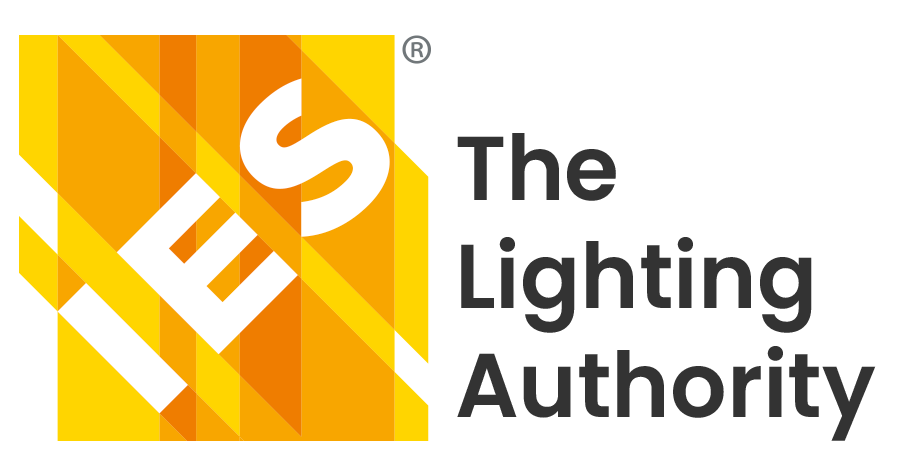Each month, the IES presents a live webinar on a current topic that helps expand your lighting knowledge and furthers our mission of improving life through quality of light. Live and on-demand webinars are free to all IES members, and are eligible for IES continuing education credits (CEUs). Live webinars are available at a fee of $20 for non-members.
Please note, on-demand webinars are available on a complimentary basis only to IES members and are eligible for CEUs for a nominal fee. Non-members may also purchase access to on-demand webinars and corresponding CEUs. Visit our eLearning Portal for additional information on pricing and availability.
Refund Policy:
- For Live Webinars, and Seminars — IES will issue a full refund for cancellations received no less than 24-hours prior to the scheduled broadcast start time. Please email education@ies.org to cancel & request a refund. Refunds will not be issued for cancellation requests received less than 24-hours prior to the scheduled broadcast start time.
- For recorded webinars and other pre-recorded products — Once purchased, webinars registration fee is nonrefundable.
Webinar Schedule
Glare Affairs: Navigating Nighttime Discomfort with Diverse Models
What is a discomfort glare model, and why do we need one? This webinar will explore the methods used to develop discomfort glare models, the variety of models applied in outdoor environments after dark, their limitations, and the next steps towards industry adoption. This webinar will also cover new approaches of glare assessment and model development that use facial recognition, neural networks, and artificial intelligence.
Registration for this event ends on July 17, 2025 at 12pm ET.
Light for Life®: Sustainability Symposium
A holistic approach to sustainable lighting design
Overview
Welcome to the Light for Life®: Sustainability, a four (4) hour virtual symposium focused on the role of lighting in sustainable design and the impact of lighting on the environment.
Topics curated to cover:
- Assessing the lighting life cycle
- Lighting material impacts on human health
- Frameworks for pursuing sustainability goals
- Trends in sustainable lighting fixture luminaire production
- State of the industry and evolving design practices
Attendees who join us live will receive a 25% discount on BSR/IES LP-10 Lighting Practice: Lighting for Sustainability upon publication. They will also receive complimentary access to the online recording approximately 2 weeks following the live event.
ANSI/IES TM-30 for Fine Art Under Low Illuminance
Conservation can restrict light levels low enough to be subject to the Hunt Effect, a perceived decrease in saturation. A pair of Penn State studies explored the application of a red-saturating TM-30 gamut family on fine art. The results were as complex as the artwork that was illuminated. The presentation will conclude with practical application and the nuances of utilizing ANSI/IES TM-30-24 ‘Technical Memorandum: IES Method for Evaluating Light Source Color Rendition’ for fine art.
Registration for this event ends on August 14, 2025 at 12pm ET.



